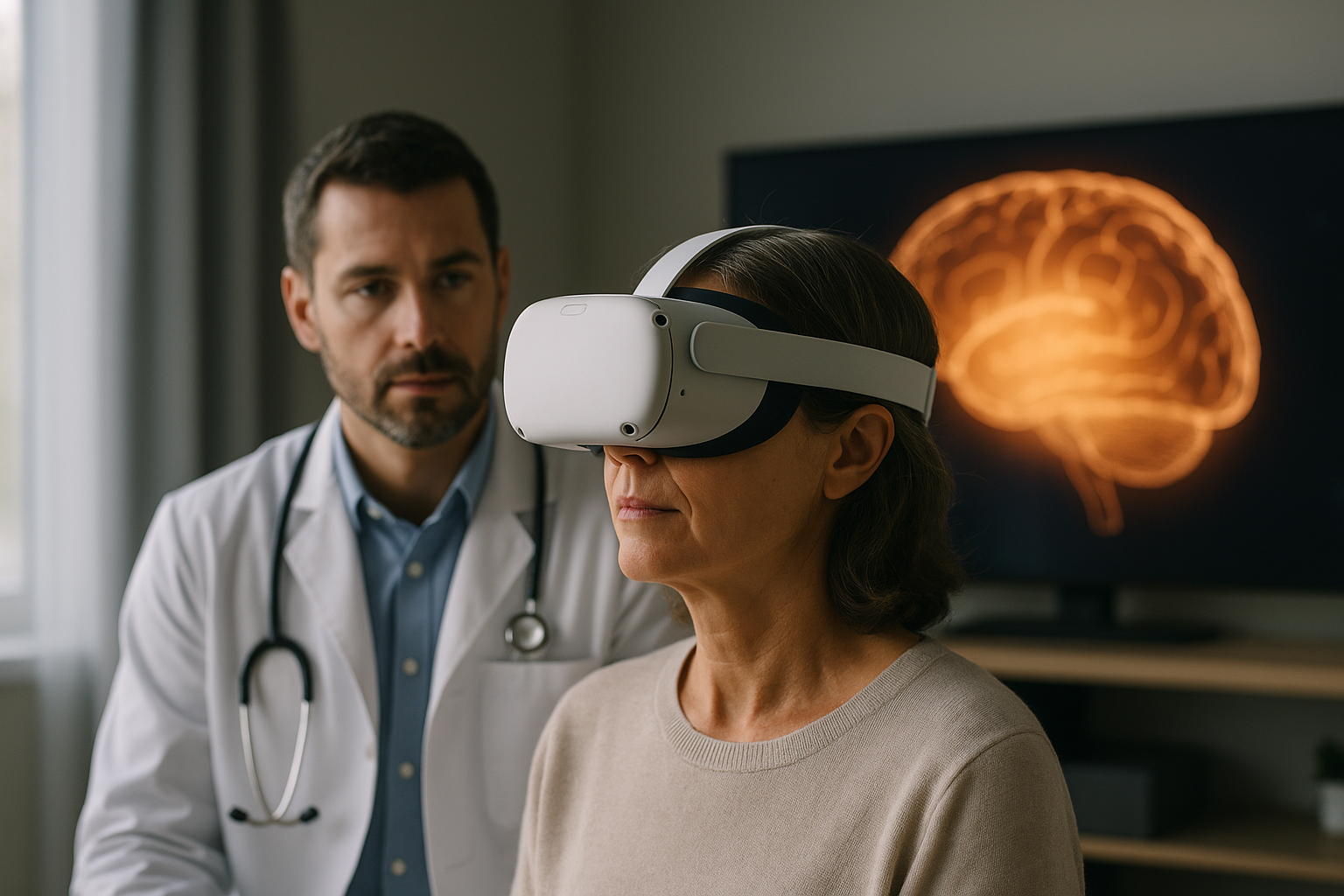Huntington’s Disease Treatment: Medical and Supportive Approaches
Huntington’s disease is a hereditary neurodegenerative condition that affects movement, cognition, and mood over time. Treatment does not yet cure the underlying cause, but a combination of medical therapies, supportive services, and coordinated care can help manage symptoms, maintain function, and address safety and quality-of-life concerns for patients and families. Understanding available options helps people plan care with their healthcare team.

This article is for informational purposes only and should not be considered medical advice. Please consult a qualified healthcare professional for personalized guidance and treatment.
What causes this disease?
Huntington’s disease is a genetic disorder caused by an expanded CAG repeat in the HTT gene, inherited in an autosomal dominant pattern. This mutation produces an abnormal huntingtin protein that progressively damages specific brain regions, leading to movement abnormalities (chorea and impaired coordination), cognitive decline, and psychiatric symptoms such as depression or irritability. The course and onset age vary, and genetic testing combined with counseling is central to diagnosis and family planning.
What medical treatments are available?
Medical treatments for Huntington’s focus on symptom control rather than a cure. For involuntary movements (chorea), clinicians commonly use VMAT2 inhibitors (for example, tetrabenazine or related agents) or certain antipsychotic medications, which can reduce motor symptoms but carry side effects that require monitoring. Mood and behavioral symptoms may respond to antidepressants, antipsychotics, or mood stabilizers. Medications can also address sleep problems, rigidity, or swallowing-related issues. Disease-modifying approaches, including huntingtin-lowering strategies, are an active area of research but have not yet produced universally accepted, long-term therapies.
How does healthcare coordination help?
Comprehensive healthcare coordination is important because Huntington’s affects multiple domains. Multidisciplinary clinics bring together neurologists, psychiatrists, genetic counselors, therapists, dietitians, and social workers to create integrated care plans. Regular monitoring can identify complications early—such as weight loss, falls, or psychiatric crises—and enable timely adjustments in medications and support. Care planning also includes legal and advance-care discussions, family education, and linking people to community and in-home services in their area.
What therapy options support daily function?
Therapy-based interventions help preserve independence and safety. Physical therapy focuses on balance, strength, and fall prevention; occupational therapy adapts daily activities and recommends assistive equipment for tasks and mobility; and speech-language therapy addresses swallowing and communication challenges. Cognitive rehabilitation and behavioral therapy can help manage executive dysfunction and mood symptoms. Nutritional management and adaptive feeding strategies are often necessary to maintain weight and reduce aspiration risk.
When should you see a doctor?
People with a family history of Huntington’s or new movement, psychiatric, or cognitive symptoms should consult a doctor experienced in movement disorders or a genetic counselor. Early evaluation helps confirm diagnosis, assess disease stage, and start symptom-management strategies. Urgent medical attention is warranted for severe psychiatric symptoms (suicidal thoughts, psychosis), sudden loss of function, uncontrolled swallowing problems, or repeated falls. Ongoing follow-up enables medication adjustments, therapy referrals, and coordination of local services.
Conclusion
While no cure currently reverses Huntington’s disease, coordinated medical care and supportive therapies can reduce symptom burden, improve daily functioning, and support families through progressive stages. Ongoing research continues to explore disease-modifying approaches, and decisions about testing and treatment are best made with a knowledgeable doctor and a multidisciplinary healthcare team.






